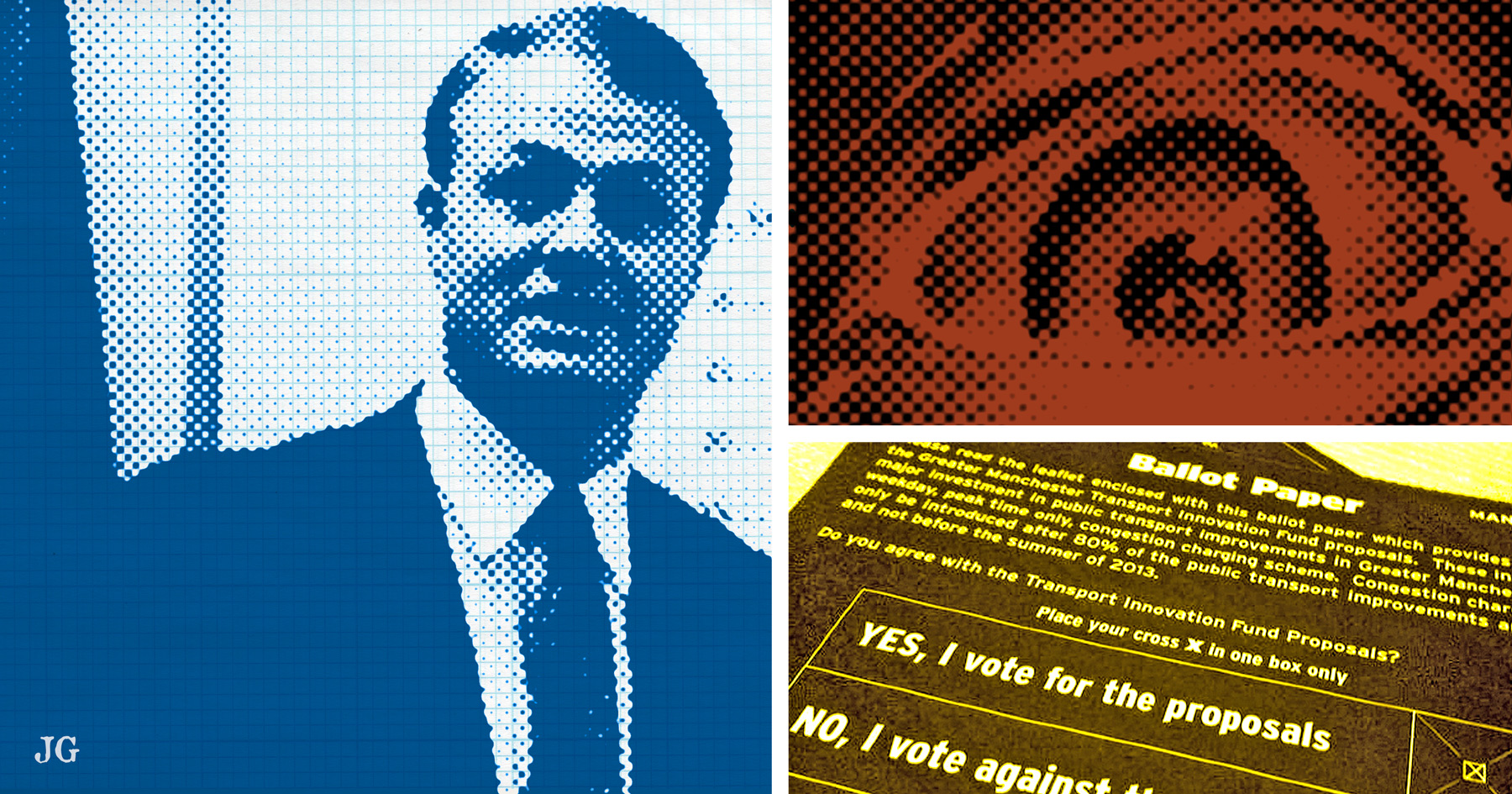The theory behind Washington State’s Senate Bill 5297 — now worming its way through Olympia — seems to be that the people can’t be trusted to legislate, so the more hurdles thrown up at the initiative process, the better.
But the bill itself shows just the opposite, revealing its legislative supporters as careless, heedless of facts, and nastily bigoted towards some folk and against others.
The truth? Washington State has had only one known case of signature fraud. A Service Employees International Union official repeatedly just made up names and signatures.
She’s confessed and awaits sentencing.
So why add SB 5297’s reporting requirements for signature gatherers? To stop frauds such as this?
Well, no. SB 5297 exempts union petitioners!
Par for the course. Politicians in not a few of the 24 states that have statewide initiative rights try such things, all the while talking about the evils of fraud.
The facts? After surveying public records, Citizens in Charge Foundation reported, last year in “Is the ‘F‑word’ Overused?”, that “cases of verified fraud or forgery are not pervasive in initiative or referendum petitions. Furthermore, many of the ‘reforms’ passed by state legislatures to address fraud have shown no positive results.”
Fortunately for Washingtonians, initiative activist Tim Eyman has bashed the bill and nearly every state newspaper, usually editorializing against Eyman, has instead lambasted the legislation. Citizens are rallying. Several legislators have stood against it, and taken away much of its teeth and claws.
Now it’s time to kill the beast.
This is Common Sense. I’m Paul Jacob.
